General Secretary To Lam works with the Standing Committees of the Provincial Party Committees of Phu Tho, Vinh Phuc and Hoa Binh provinces_Photo: VNA
Innovative thinking - Consistency in Ho Chi Minh's ideological heritage
Innovative thinking of Ho Chi Minh was started by the leader Nguyen Ai Quoc - Ho Chi Minh leaving to find a way to save the country. With outstanding intelligence and a spirit of independence and self-reliance, leader Nguyen Ai Quoc chose a path and direction completely different from the patriotic scholars of his time. With political sensitivity, with a unique journey of testing in different continents, leader Nguyen Ai Quoc - Ho Chi Minh sought out the Marxist-Leninist doctrine and the proletarian revolutionary path, because he realized that this was the right path to save the country and practice has proven that the Vietnamese revolution went from one victory to another, typically the great victory of the August Revolution in 1945 and the two sacred resistance wars of the nation against the French colonialists and the invading American imperialists. The innovative and creative thinking in Ho Chi Minh's legacy is reflected in the following main contents:
Firstly, innovation is the essence of revolution, originating from reality, from the interests of the people and the nation.
President Ho Chi Minh had innovative thinking from a very early age. Born and raised in a family with a Confucian tradition, he was not bound by traditional Confucian thoughts; on the contrary, his patriotic thoughts were imbued with the cultural values of the nation, connecting the country with the people and taking that as the highest standard for all spiritual values. He soon realized that if he wanted to save the country and liberate the nation, he had to go out into the world, learn about and absorb the cultural, scientific and technological achievements of other countries. He wanted to get acquainted with French civilization, wanted to find out what was behind the slogan: "Liberty - Equality - Fraternity". Therefore, he decided to go abroad to learn about France and other countries, and after seeing how they did it, he would return to help his compatriots.
After coming to Marxism-Leninism, the innovative thinking of leader Ho Chi Minh was raised to a new level, with scientific and revolutionary content. He believed: "Revolution is to destroy the old and replace it with the new, destroy the bad and replace it with the good" (1) . Therefore, innovation is the nature of revolution and development. With the thinking that "revolutionary theory is not dogma, it is a compass for revolutionary action; and theory is not something rigid, it is full of creativity; theory always needs to be supplemented with new conclusions drawn from vivid practice. Communists in all countries must concretize Marxism-Leninism to suit the conditions and circumstances of each time and place" (2) , President Ho Chi Minh always took practice, took the events of national life and the times as the orientation for thinking and action, avoiding copying any theory in a dogmatic and rigid manner. The person reminded: "For any problem, you must ask the question "why?", you must think carefully to see if it is suitable for reality, if it is really reasonable, you should absolutely not blindly follow the books in a straightforward manner" (3) .
At the same time, according to him, innovation must be for the country, for the people, for the benefit of the country and the family: “I have only one desire, the utmost desire, which is to make our country completely independent, our people completely free, everyone has food to eat, clothes to wear, everyone can study” (4) ; “Whatever is beneficial to the people, we must do. Whatever is harmful to the people, we must avoid” (5) . Therefore, in building and gradually perfecting the revolutionary line, on the basis of successfully resolving the relationship between nations and classes, President Ho Chi Minh gradually and successfully resolved the issues of national liberation revolution, of great national unity and building a united national front, of the ruling party, of the state of the people, by the people and for the people, of people's war, of the entire people, of building socialism in conditions of war... These are important contributions to the world's treasure of revolutionary theory, renewing, enlivening and increasing the vitality of Marxism-Leninism. The Vietnamese revolutionary practice under the direct leadership of President Ho Chi Minh from 1941 to 1969 was a period of revolutionary struggle full of hardships and sacrifices, but also a heroic and fierce struggle, demonstrating the creative art of people's war under the guidance of his innovative thinking.
Second, innovation is inheritance and development, gradually negating the old and no longer suitable, but on the basis of inheriting previous achievements, resolutely fighting against the mindset of complete negation .
According to President Ho Chi Minh, innovation is inevitable and includes old values, on the basis of transforming the old. He explained: “What is old and bad must be discarded... What is old and not bad, but troublesome, must be modified to be reasonable” (6) . Innovation to progress is inevitable, an objective requirement of life, because “as society progresses, our work must also progress... our capacity, our initiative, our progress must always develop, move forward continuously” and President Ho Chi Minh emphasized: “The world is changing every day, our people are progressing more and more, so we must continue to study and practice to progress with the people” (7) .
Ho Chi Minh's innovative thinking is expressed throughout his works, such as "The Revolutionary Path", "New Life", "Revising the Way of Working", " Mass Mobilization", etc. and the last work is the historical Testament . The Testament crystallizes innovative thinking, demonstrating the consistency and continuity in Ho Chi Minh's ideological legacy. The work was written while our resistance war against the US to save the country was taking place fiercely, our people still had to go through many hardships, but with a long-term vision, he was concerned and foresaw the work that needed to be done after the resistance war ended in victory. He pointed out: Immediately after our people's resistance war against the US imperialists to save the country was completely victorious, the work that our entire Party, army and people had to strive to do was "quickly heal the serious wounds caused by the US imperialists in the barbaric war of aggression. That was an extremely large, complicated and difficult task" (8) . He “outlined a comprehensive plan” on economic expansion, development of sanitation, health care, education, national defense, and national unification work… He advised our Party to have a ready, clear, and thoughtful plan to avoid shortcomings, passivity, and mistakes in the work of rebuilding our country to be more beautiful, dignified, and larger than before the war, and emphasized: “This is a fight against what is old and corrupt, to create new and fresh things” (9) .
Third, innovation is a "giant" and comprehensive battle in all fields, so this is a long-term, complicated, difficult and arduous process, requiring us to always rely on the people and take practice as the standard.
In his Testament , President Ho Chi Minh considered renovation “a fight against what is old and corrupt, to create new and fresh things... in a huge fight” (10) . He foresaw the difficulties and complexities facing the Vietnamese revolution, requiring the Party to comprehensively rectify and unite from the Central Committee comrades to the Party cells; practice broad democracy by regularly and seriously self-criticizing and criticizing; have a humane attitude of “having comradely love for one another” (11) ; truly imbue and cultivate revolutionary ethics; uphold the sense of responsibility, fulfill the tasks assigned by the Party, and wholeheartedly serve the people.
To carry out that extremely heavy task, President Ho Chi Minh He believed that it was necessary to promote the great role of the people and clearly stated that "the work of innovation and construction is the responsibility of the people " (12) . He affirmed that: "To gain victory in this giant battle, it is necessary to mobilize the entire people, organize and educate the entire people, relying on the great strength of the entire people" (13) .
The idea of innovation permeated the entire revolutionary career of President Ho Chi Minh, throughout and consistently from the time he left to find a way to save the nation until the end of his life. In the current innovation career in our country, his viewpoints are always the "compass" to lead our country's revolutionary career to final victory.
Commune police officers visit households to propagate and guide people to carry out administrative procedures in the electronic environment_Photo: VNA
Continuing to thoroughly grasp President Ho Chi Minh's innovative thinking in the cause of building socialism in Vietnam today
In 1986, our Party carried out the national renovation based on the foundation of Marxism-Leninism and Ho Chi Minh Thought, especially President Ho Chi Minh's innovative thinking on economics, politics, domestic and foreign policies, etc. with timeless values. After nearly 40 years of implementing the renovation with many achievements, our understanding of socialism and the path to socialism has become increasingly clearer. The system of theoretical viewpoints on the renovation, socialism and the path to socialism in our country has initially been formed on the basic features.
Inheriting President Ho Chi Minh's thought "Nothing is more precious than independence and freedom", the Platform for national construction during the transitional period to socialism (supplemented and developed in 2011) continues to identify national independence as a prerequisite for implementing socialism and socialism as a solid foundation for national independence. Our Party always upholds national interests, firmly protects the independence, sovereignty, unity and territorial integrity of the Fatherland's seas and islands.
At the 11th Congress, our Party identified eight basic characteristics of the society we are building, based on the inheritance of Ho Chi Minh's thought on building socialism: "Rich people, strong country, democracy, fairness, civilization; owned by the people; a highly developed economy based on modern productive forces and appropriate progressive production relations; an advanced culture, imbued with national identity; people have a prosperous, free, happy life, with conditions for comprehensive development; ethnic groups in the Vietnamese community are equal, united, respect and help each other to develop together; there is a socialist rule-of-law state of the people, by the people, for the people led by the Communist Party; there are friendly and cooperative relations with countries around the world" (14) .
Inheriting and developing Ho Chi Minh's thought in new practical conditions, our Party determined: "Vietnam's socialist-oriented market economy has many forms of ownership and many economic sectors, in which: the state economy plays a leading role; the collective economy and cooperative economy are constantly consolidated and developed; the private economy is an important driving force; the economy with foreign investment capital is encouraged to develop in accordance with the strategy, planning and socio-economic development plan" (15) . After nearly 40 years of renovation, our country's economy is expected to have "breakthrough" changes due to the determination of the Party and State in reform, innovation and creativity. This is the right path for our country to develop sustainably.
Promoting industrialization and modernization in the cause of national renovation and international integration has brought Vietnam out of the group of poor countries to enter the group of middle-income countries. At the 13th National Congress, our Party affirmed: “The country has achieved great achievements of historical significance , developing strongly and comprehensively compared to the years before the renovation. The scale and level of the economy have been raised. The people's material and spiritual lives have improved significantly. Our country has never had such a foundation, potential, position and international prestige as today” (16) . The achievements of the renovation are the crystallization of the creativity of our Party and people, affirming that our country's path to socialism is consistent with Vietnam's reality and the development trend of the times; affirming that the correct leadership of the Party is the leading factor determining the victory of the Vietnamese revolution.
However, in the process of innovation in our country, besides the achievements, there are still certain limitations: Vietnam's development speed is still slow and not really sustainable. People's lives have improved but not evenly, especially those in remote areas, border areas and islands. Many cultural, spiritual, ethical and good lifestyle values have degraded... There are still challenges of the times, such as the negative side of globalization, non-traditional security issues (natural disasters, epidemics, terrorism, transnational crime, climate change, energy security, food security, water security...). There are still four risks that the Party identified at the mid-term National Delegates Conference of the 7th Congress (1994): The risk of falling further and further behind economically; the risk of "peaceful evolution"; the risk of deviating from socialism; the risk of corruption and negativity.
Currently, in the process of building and developing the country, we need to deeply understand the achievements and limitations, opportunities and challenges..., so that on that basis, we can have the right and timely direction and decisions, contributing to promoting the country's development. At the 13th National Congress, our Party set the goal of developing the country quickly and sustainably, striving "By 2025, the 50th anniversary of the complete liberation of the South and national reunification: A developing country with modern industry, surpassing the low middle income level. / - By 2030, the 100th anniversary of the founding of the Party: A developing country with modern industry, high middle income . / - By 2045, the 100th anniversary of the founding of the Democratic Republic of Vietnam, now the Socialist Republic of Vietnam: Becoming a developed country with high income" (17) . To successfully achieve that goal, our entire Party and people must continue to comprehensively and synchronously promote the innovation process, and need to have a deeper understanding of the lasting value of Ho Chi Minh's thought in general and his innovation thinking in particular, on the basis of firmly grasping the following basic viewpoints:
Firstly, firmly grasp the viewpoint that innovation does not mean "changing color", we must always firmly maintain the goal and ideal of the Vietnamese revolution, which is national independence associated with socialism on the foundation of Marxism-Leninism and Ho Chi Minh thought . This is the right path, in accordance with the development laws of the nation and the times. This is the unchanging goal that our people have persistently strived for, sacrificed for, and pursued for over 95 years under the leadership of the Party. To innovate successfully, we must be steadfast, steadfast, constantly creative, and not waver, not fall into dogma, stereotypes, or mechanicalness.
Second, innovation is based on promoting internal strength, relying mainly on one's own strength, taking the interests of the nation and the people as the foundation. This is a strategic policy, a fundamental issue in the Party's innovation policy. Promoting internal factors, first of all the potential and strength of the Vietnamese people with the nation's fine traditional qualities, political and cultural traditions, ethics and revolutionary heroism, under the leadership of the Party with the correct innovation policy along with land, resources, technical facilities and accumulated experience. In the innovation process, the people are always the target and driving force of development; therefore, along with caring for people's lives, respecting and ensuring the legitimate and legal rights and interests of citizens as stipulated in the Constitution, it is necessary to constantly propagate patriotism among all classes of people, improve people's knowledge, Promoting the role of the Vietnam Fatherland Front, socio-political organizations and the people is the basis for consolidating the great national unity bloc - the basis for the victory of the Vietnamese revolution.
Third, innovation must be comprehensive, constantly creative in choosing appropriate forms and steps. In the innovation process, our Party has implemented innovation in each part and each field, moving towards comprehensive, synchronous and thorough innovation with methods and steps that are consistent with the historical and specific conditions of the country. Practice shows that the innovation process is a revolution in all areas of social life. Each innovation content also includes many aspects, starting from innovation of awareness, to innovation of mechanisms, policies, staff organization, working style and methods. Therefore, if innovation stops at only one field or only one stage, the innovation process cannot achieve the desired results; at the same time, in each step of innovation, it is necessary to correctly identify the key and important stages to concentrate resources to solve, as a basis for innovation of other stages and fields.
Fourth, innovation is a long-term revolutionary process, a “giant war” between the new and the old. For innovation to be successful, the Party must maintain its leading role in the innovation cause; innovation must rely on the people, for the benefit of the people, promote the strength of the great national unity bloc, on the basis of the alliance between the working class, the peasantry and the intellectual class, harmoniously combining interests as the main driving force for development. In particular, the Party must strengthen and maintain the nature of the working class, constantly improve the political capacity, qualities and capacity of the contingent of cadres and party members, especially strategic-level cadres. The Party must be built comprehensively strong in terms of politics, ideology, ethics, organization and cadres; At the same time, resolutely overcome shortcomings, negative manifestations, and weaknesses to constantly improve the Party's leadership, governing capacity, and fighting strength, ready to welcome new opportunities and challenges in the new era of development, the era of the Vietnamese nation's rise./.
-----------------
(1) Ho Chi Minh: Complete Works , National Political Publishing House Truth, Hanoi, 2011, vol. 2, p. 284
(2) Ho Chi Minh: Complete Works , op. cit. , vol. 11, p. 95
(3) Ho Chi Minh: Complete Works, op. cit. , vol. 11, pp. 98 - 99
(4) Ho Chi Minh: Complete Works , op. cit. , vol. 4, p. 187
(5) Ho Chi Minh: Complete Works , op. cit. , vol. 4, p. 21
(6) Ho Chi Minh: Complete Works, op. cit. , vol. 5, p. 112
(7) Ho Chi Minh: Complete Works, op. cit. , vol. 10, p. 377
(8) Ho Chi Minh: Complete Works , op. cit. , vol. 15, p. 616
(9) Ho Chi Minh: Complete Works , op. cit. , vol. 15, p. 617
(10) Ho Chi Minh: Complete Works , op. cit. , vol. 15, p. 617
(11) Ho Chi Minh: Complete Works , op. cit. , vol. 15, p. 611
(12) Ho Chi Minh: Complete Works , op. cit. , vol. 6, p. 232
(13) Ho Chi Minh: Complete Works , op. cit. , vol. 15, p. 617
(14) Documents of the 11th National Congress of Delegates , National Political Publishing House, Hanoi, 2011, p. 70
(15) Documents of the 13th National Congress of Delegates, National Political Publishing House Truth, Hanoi, 2021, vol. I, pp. 128 - 129
(16) Documents of the 13th National Congress of Delegates, Ibid ., vol. I, pp. 103 - 104
(17) Documents of the 13th National Congress of Delegates, Ibid ., vol. I, p. 112
Source: https://tapchicongsan.org.vn/web/guest/nghien-cu/-/2018/1093802/tu-duy-doi-moi---tu-di-san-tu-tuong-ho-chi-minh-den-qua-trinh-nhan-thuc--va-van-dung-cua-dang-ta.aspx


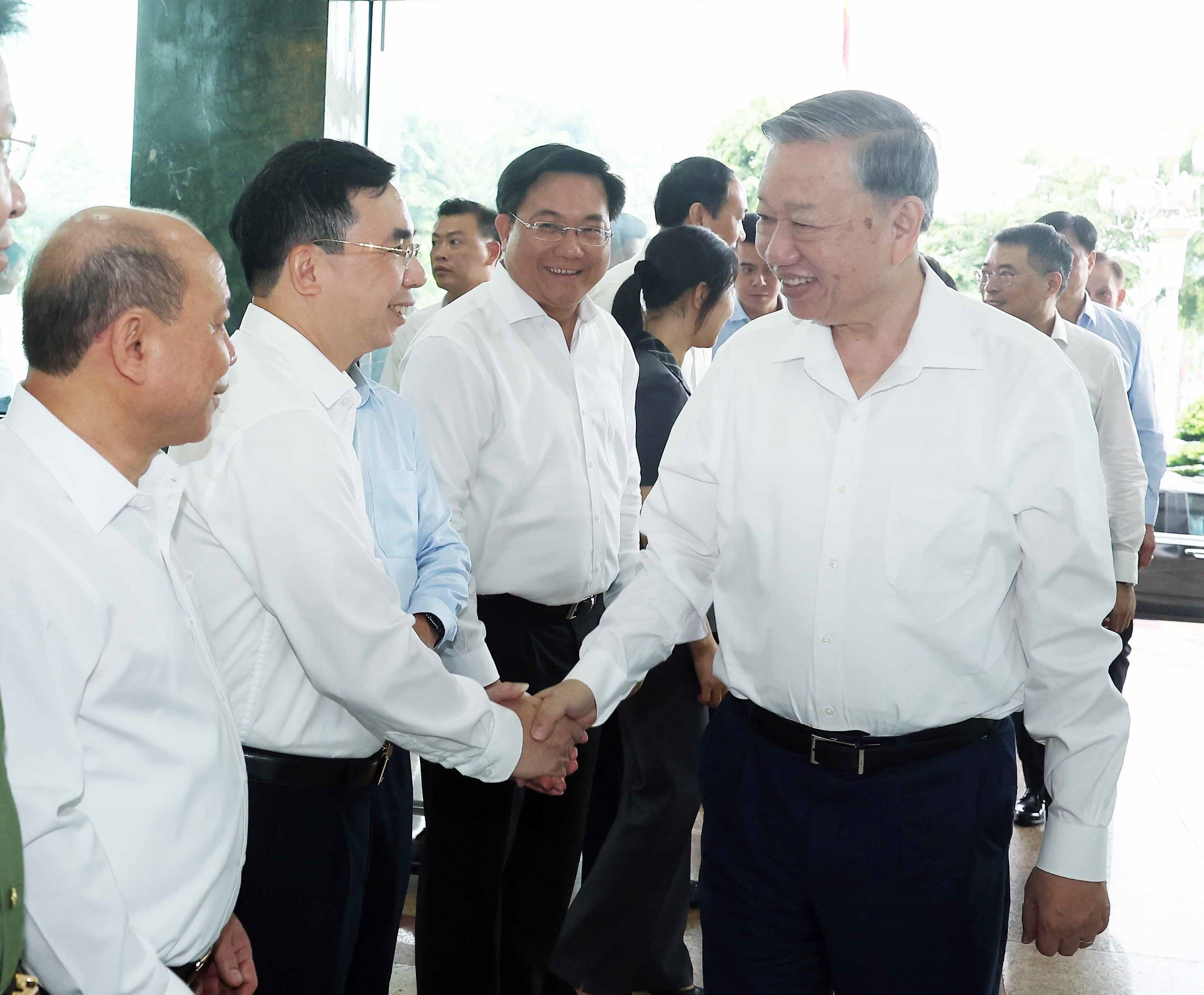
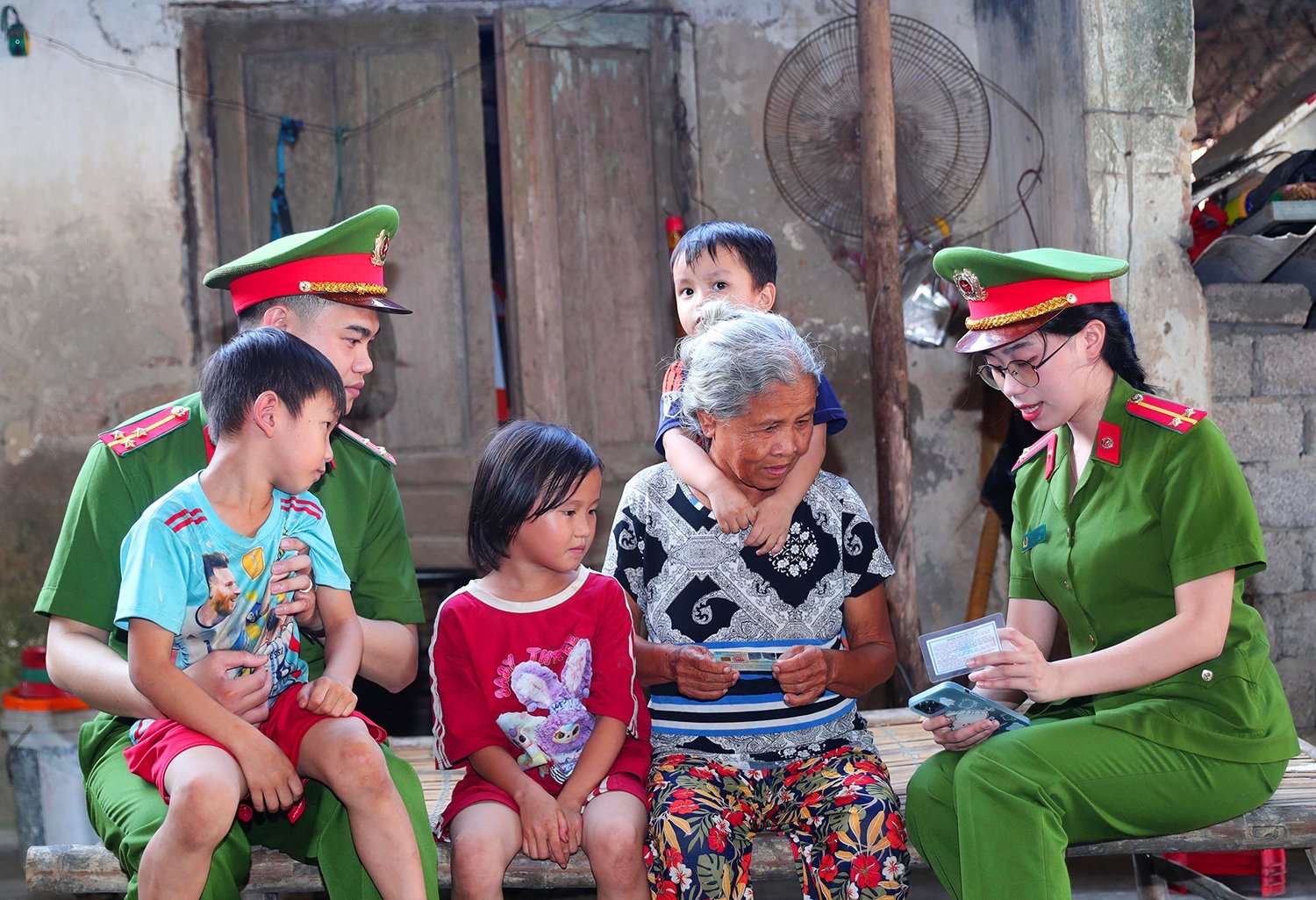
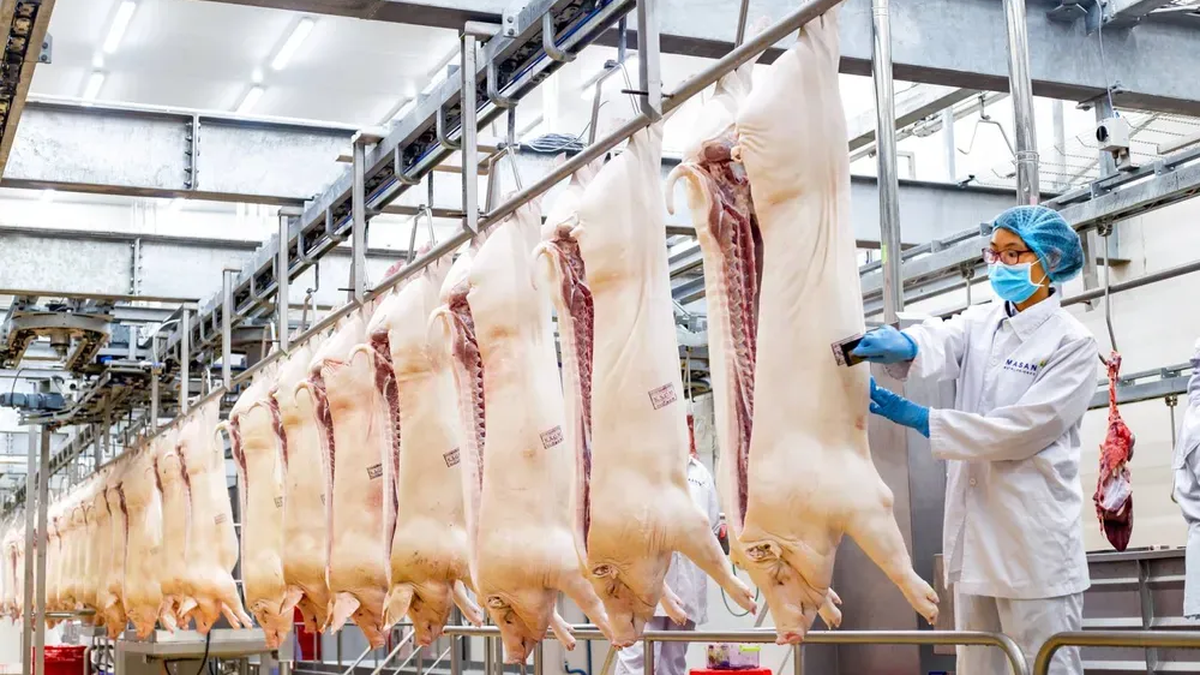
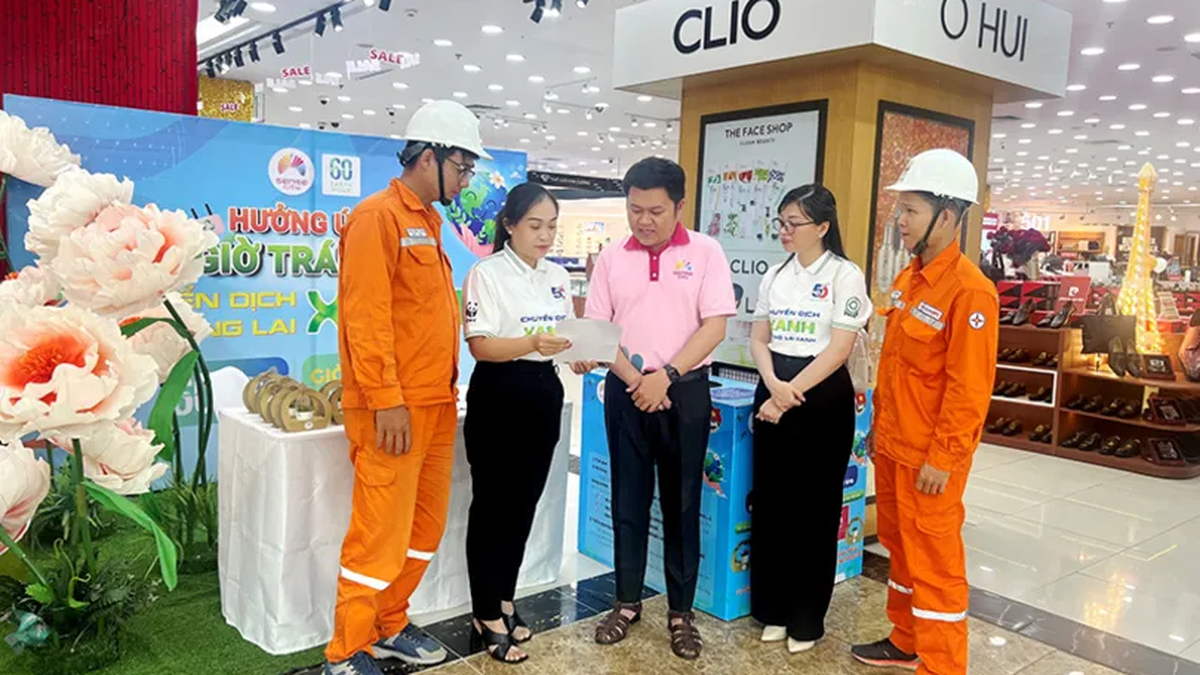
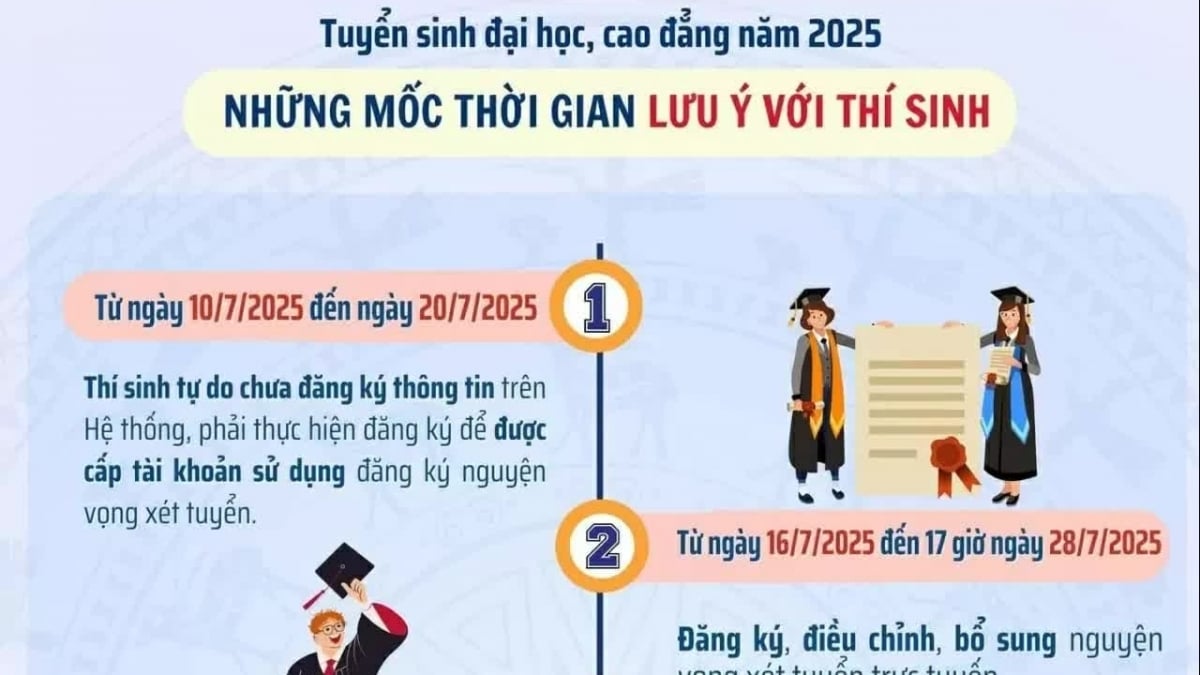
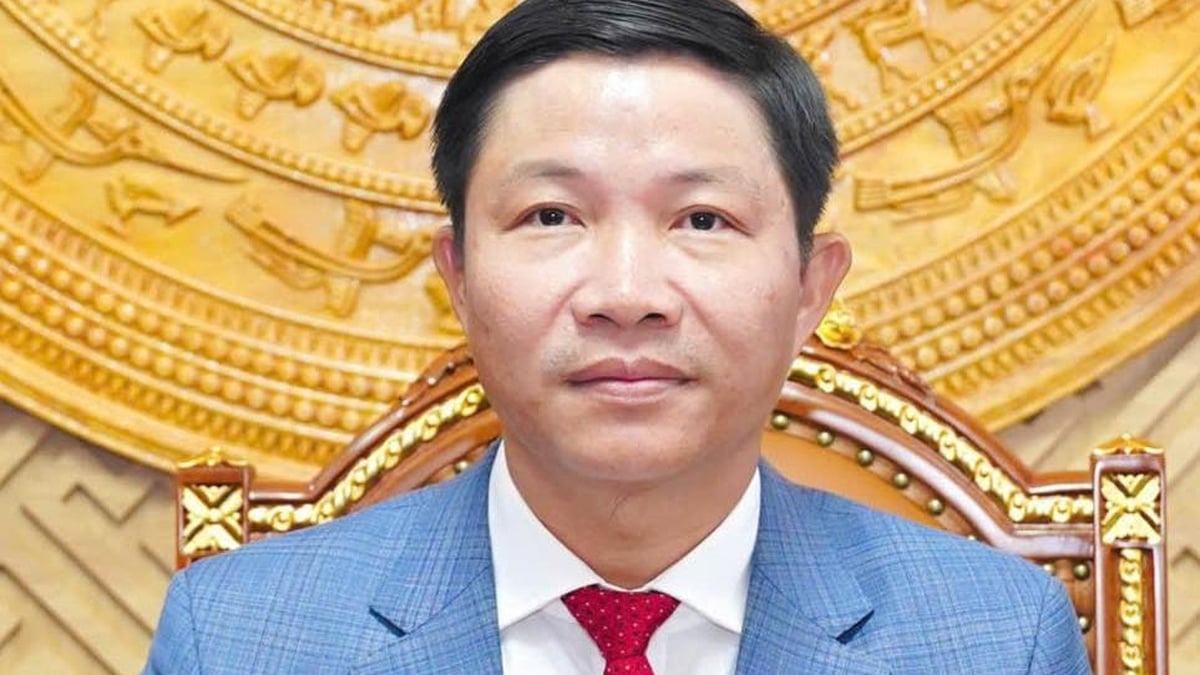

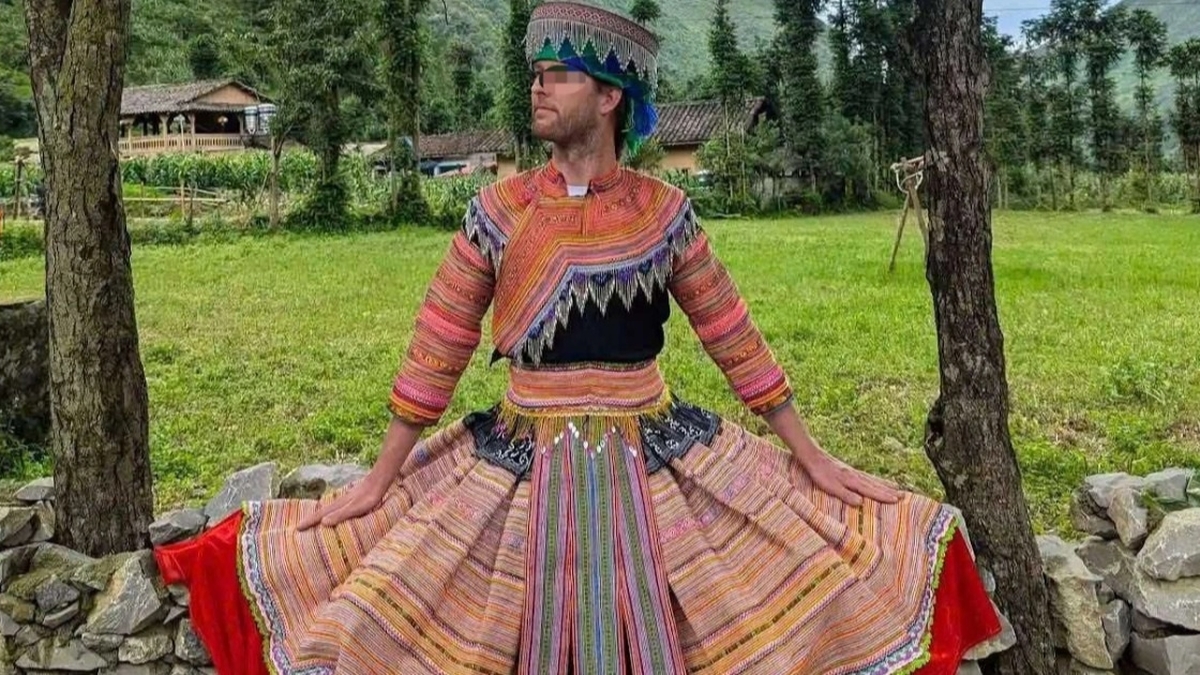
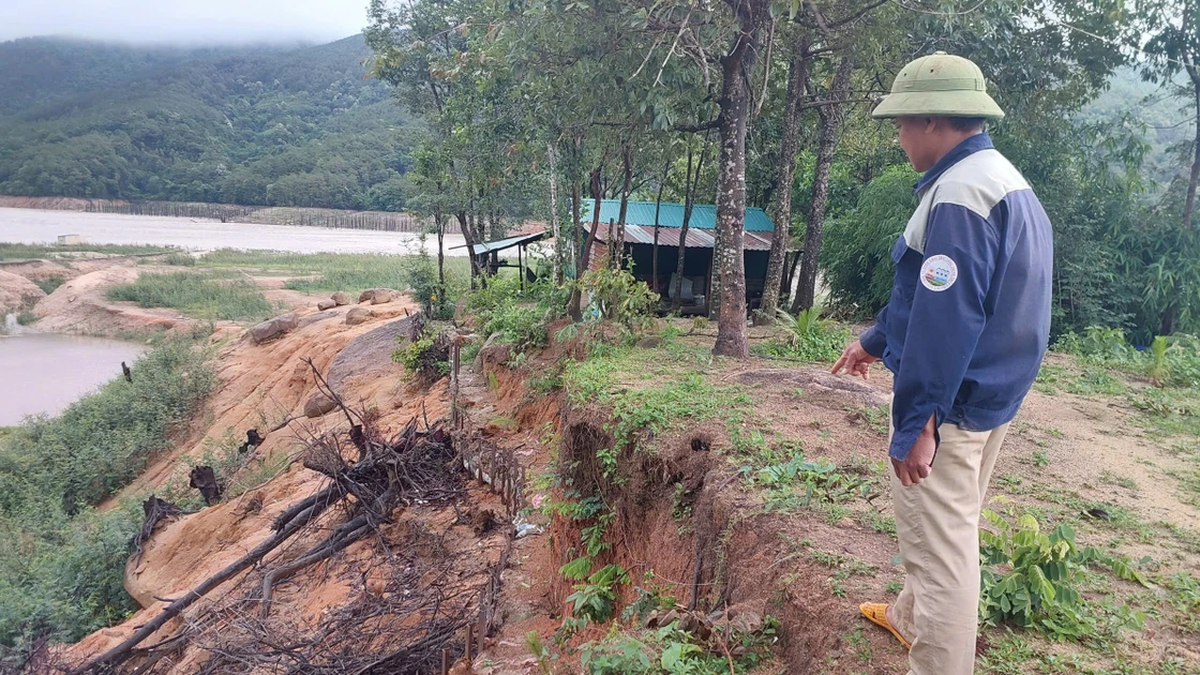

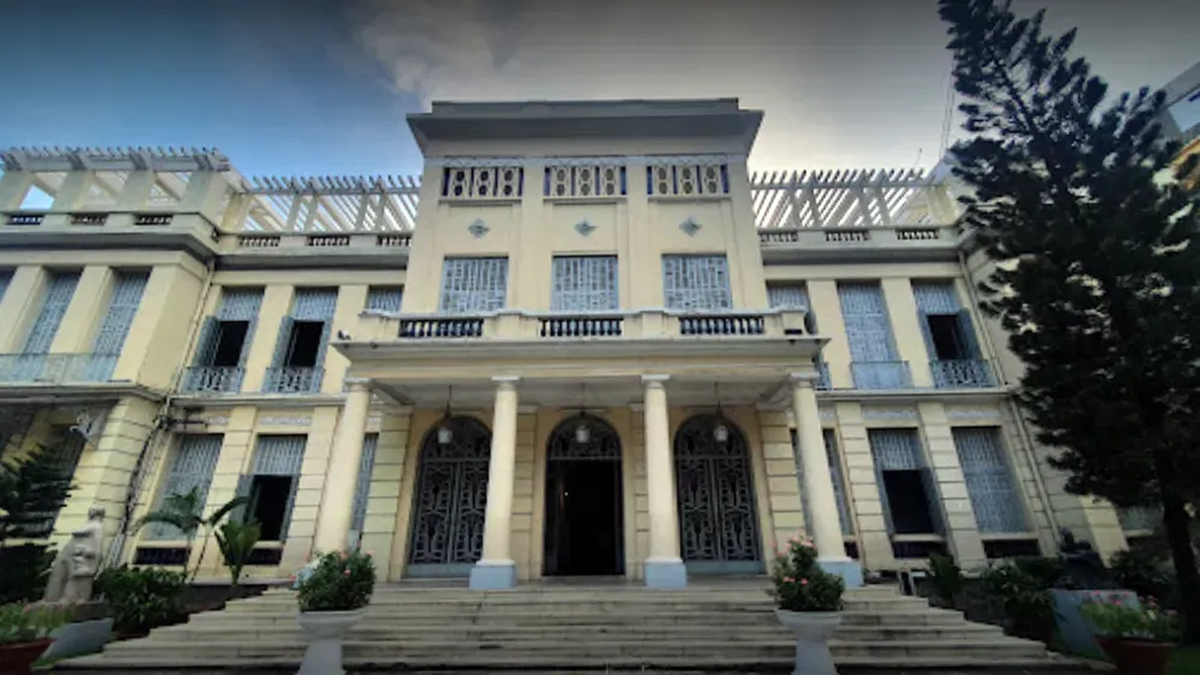
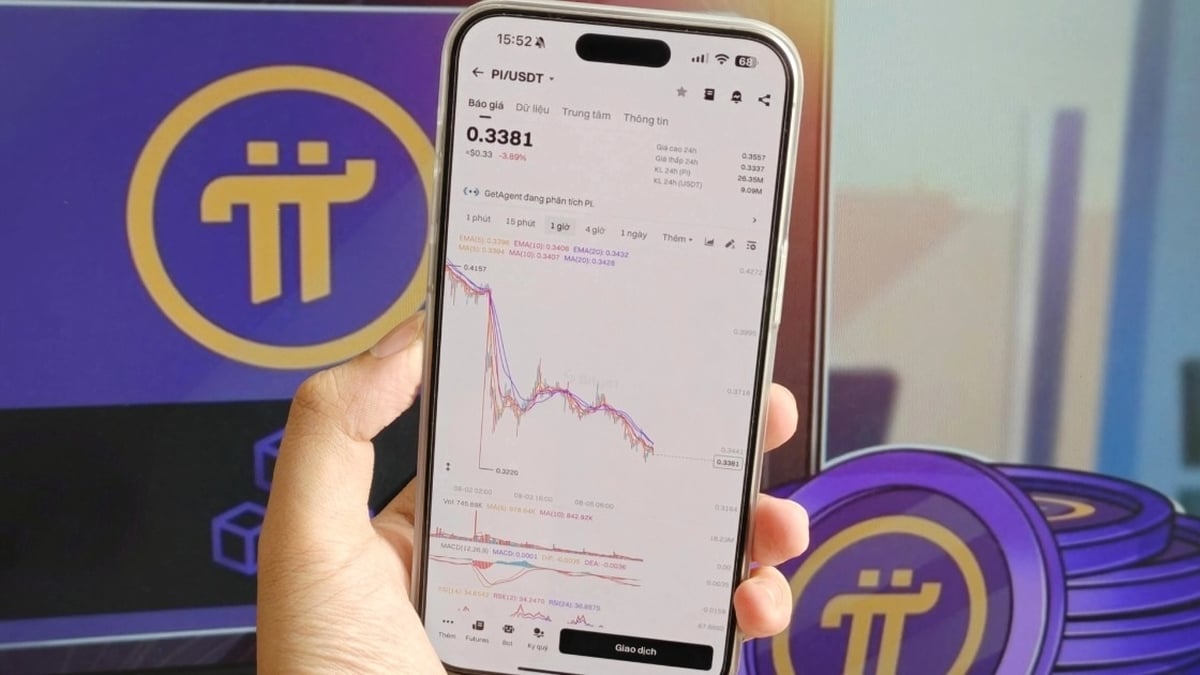















![[Photo] Nghe An: Provincial Road 543D seriously eroded due to floods](https://vphoto.vietnam.vn/thumb/1200x675/vietnam/resource/IMAGE/2025/8/5/5759d3837c26428799f6d929fa274493)


![[Photo] Discover the "wonder" under the sea of Gia Lai](https://vphoto.vietnam.vn/thumb/1200x675/vietnam/resource/IMAGE/2025/8/6/befd4a58bb1245419e86ebe353525f97)

























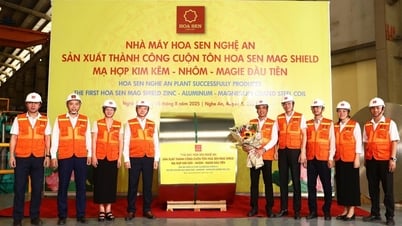

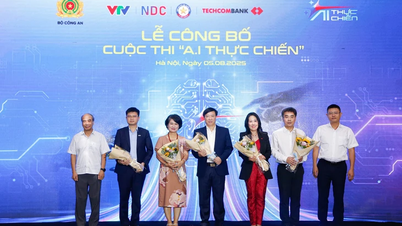
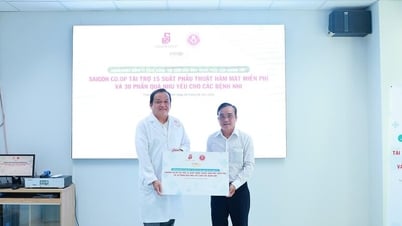


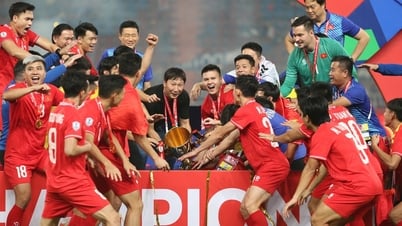
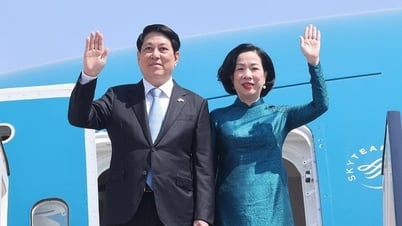


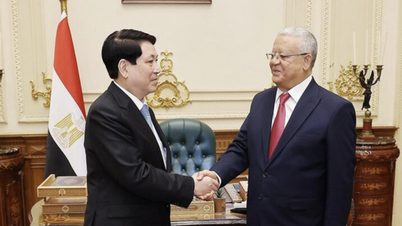



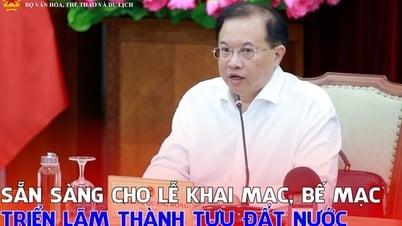
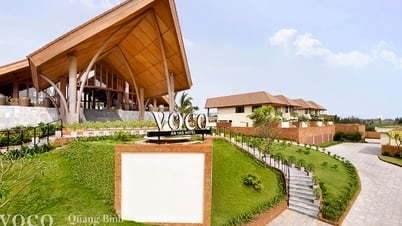
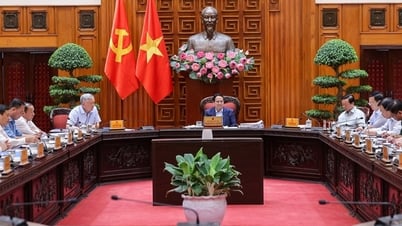
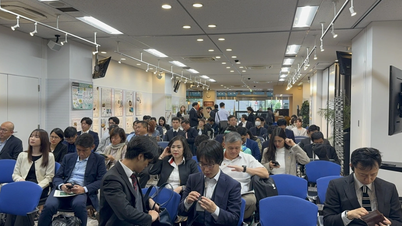

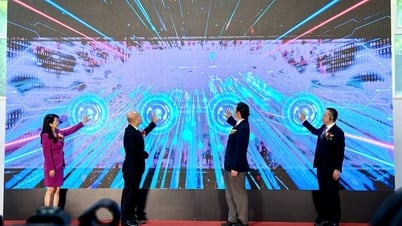
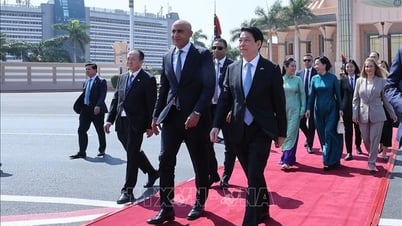




















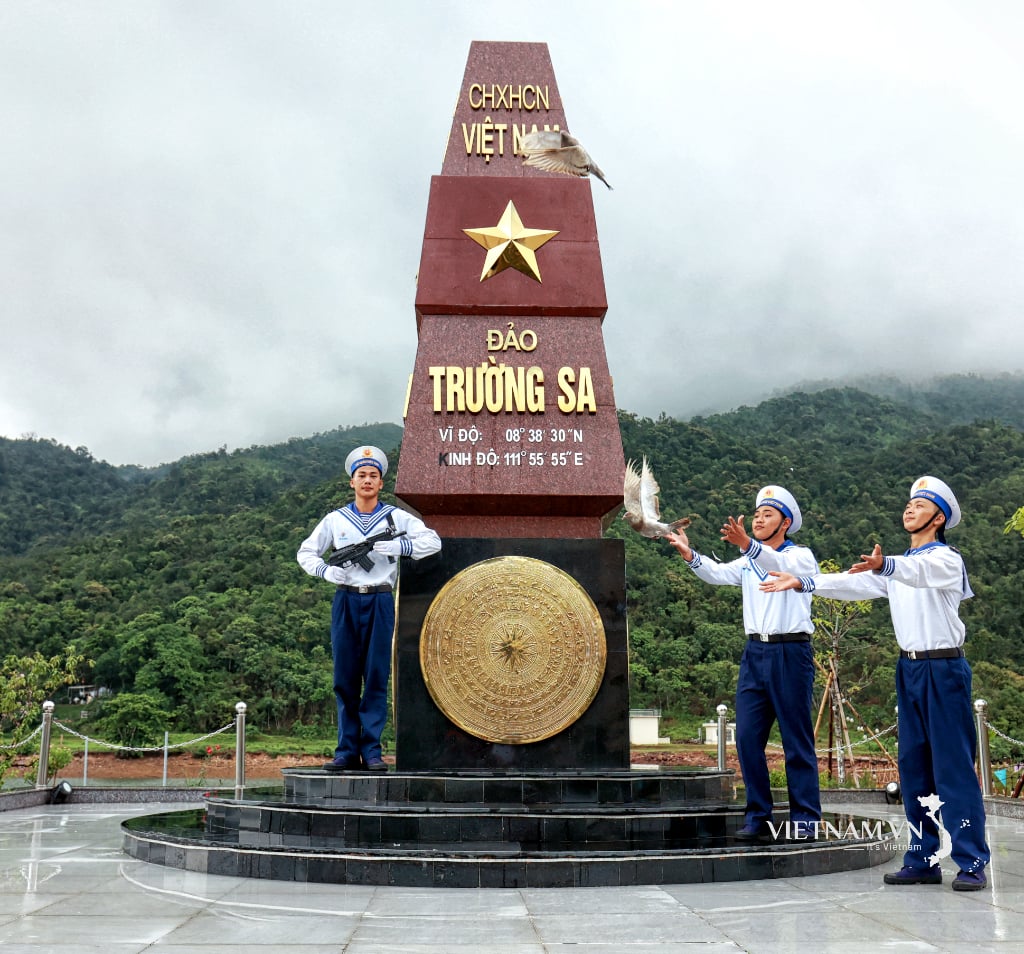
Comment (0)